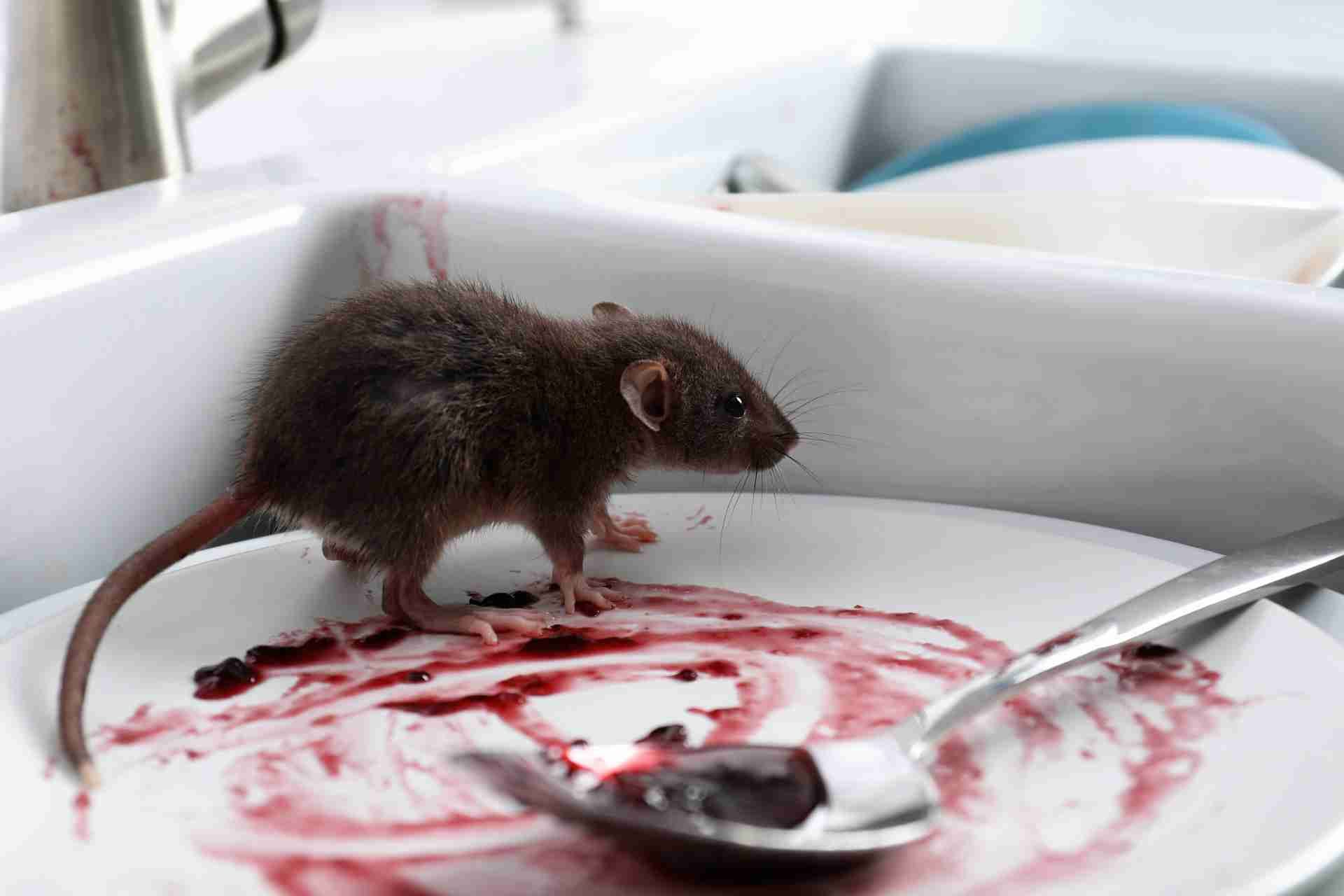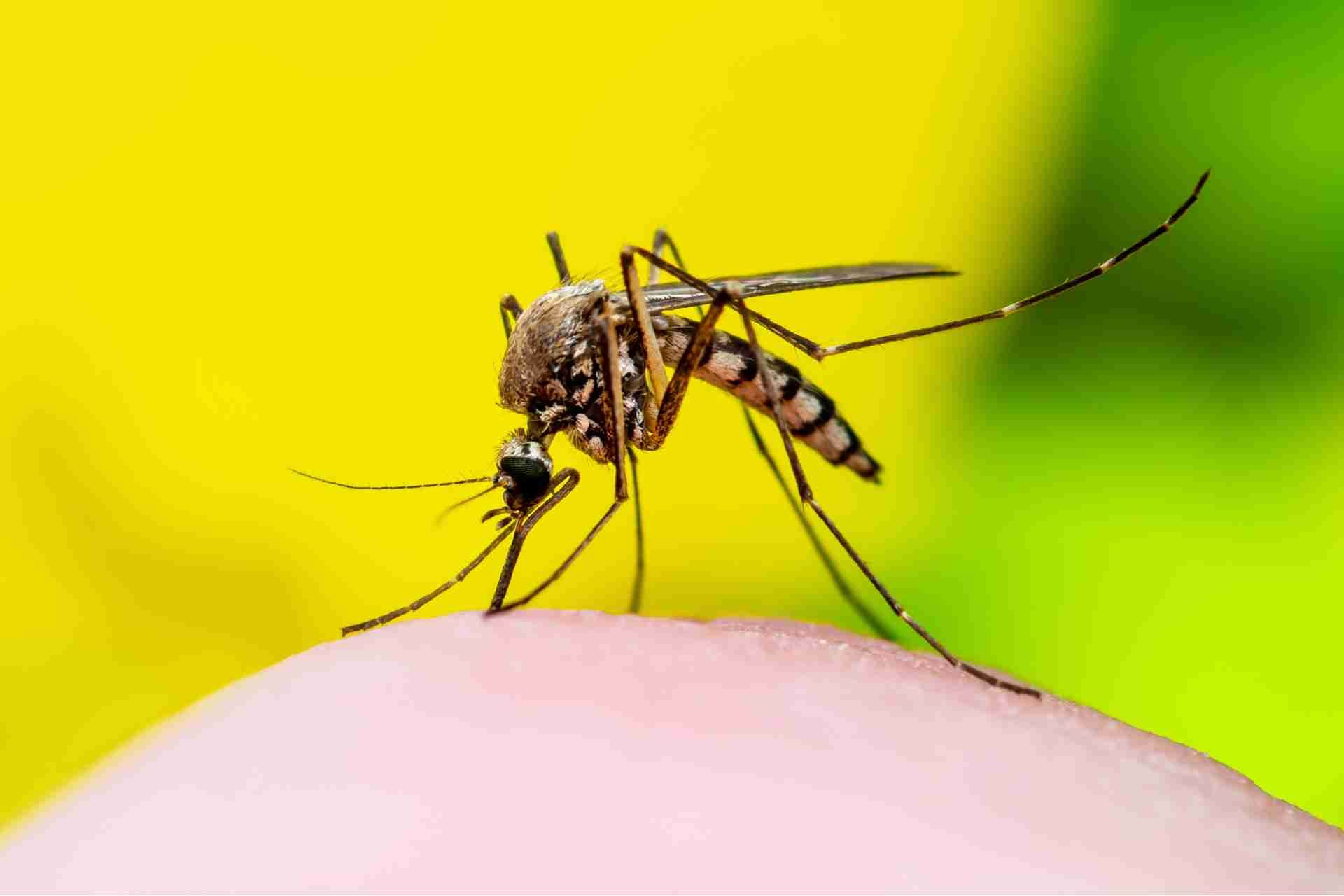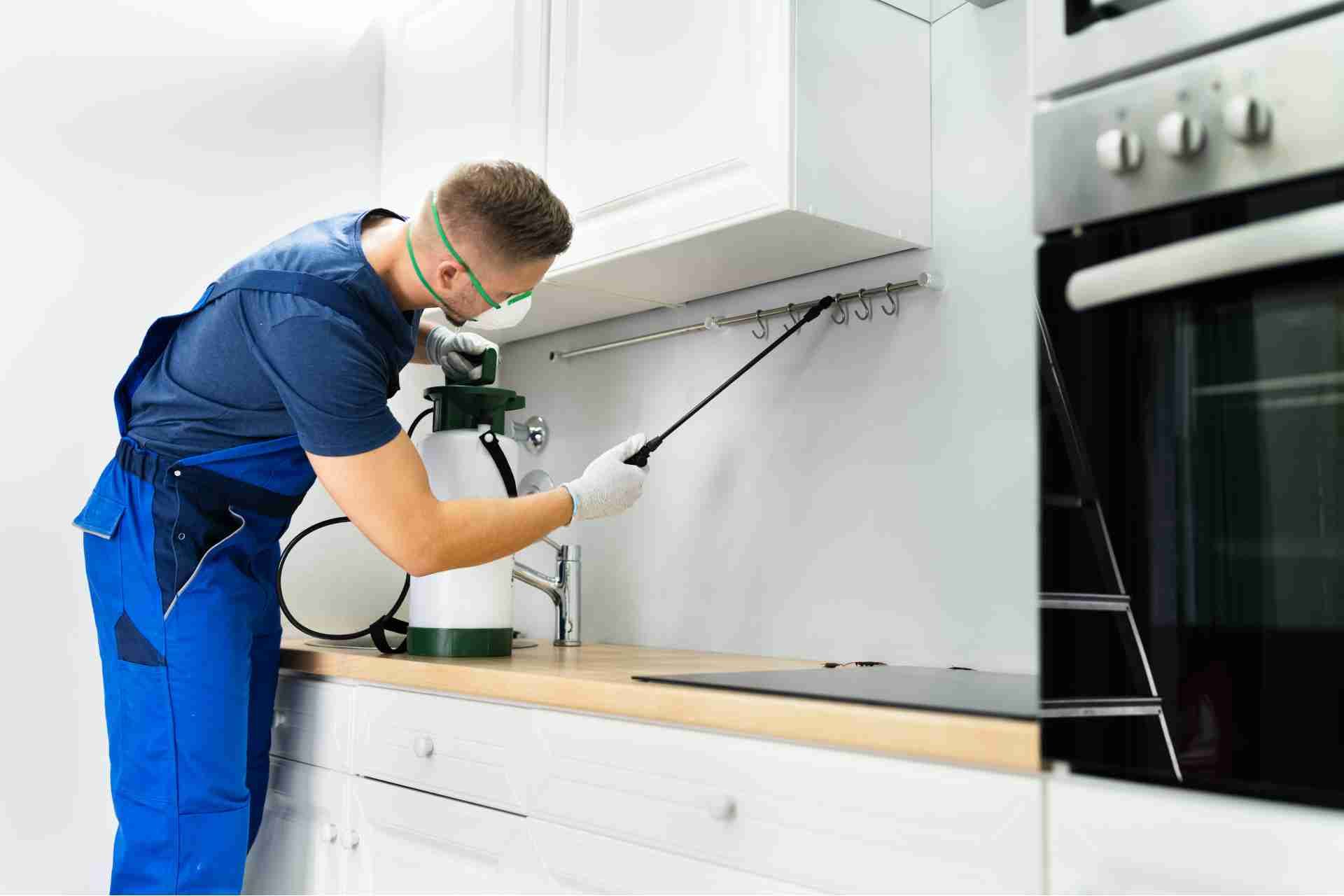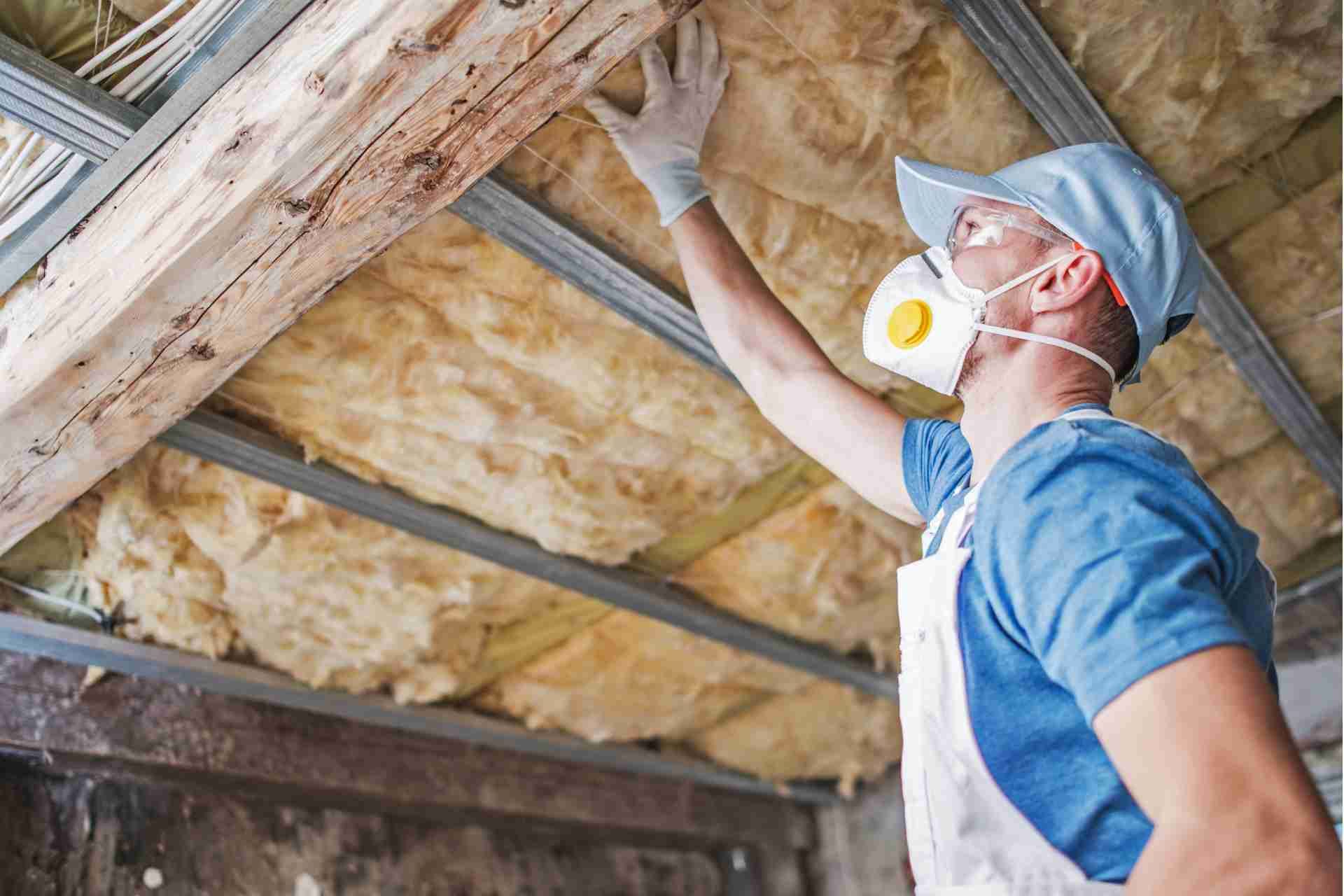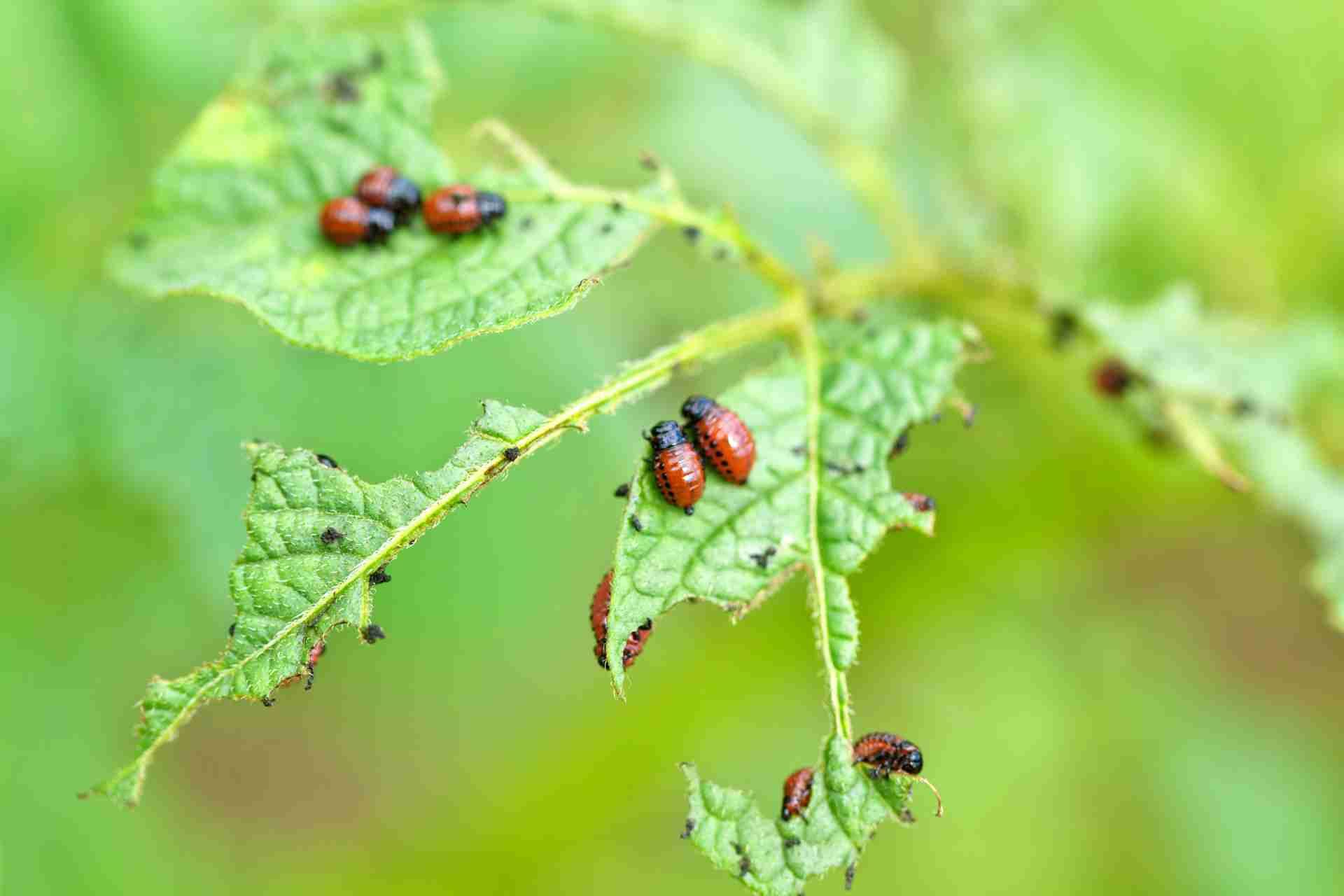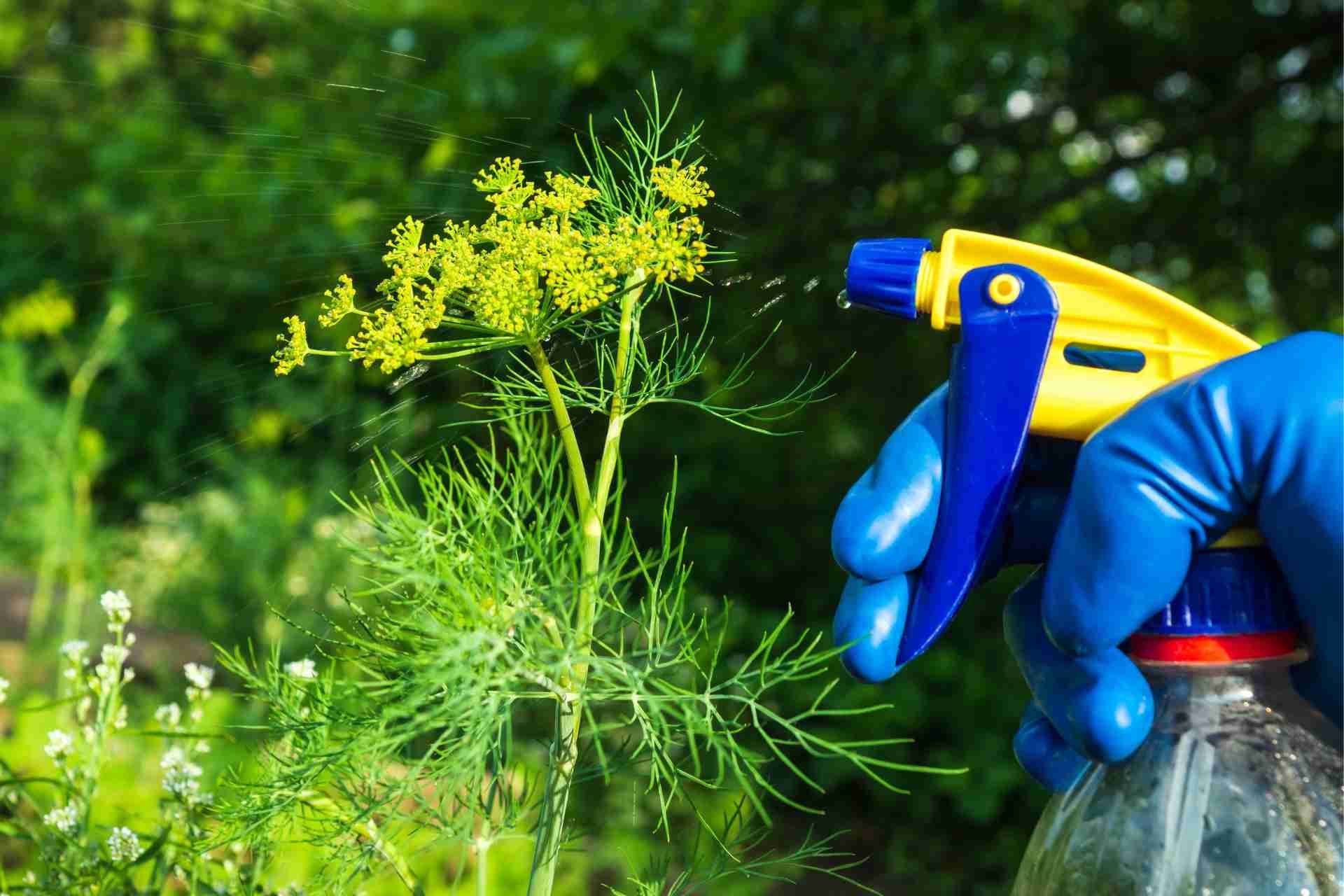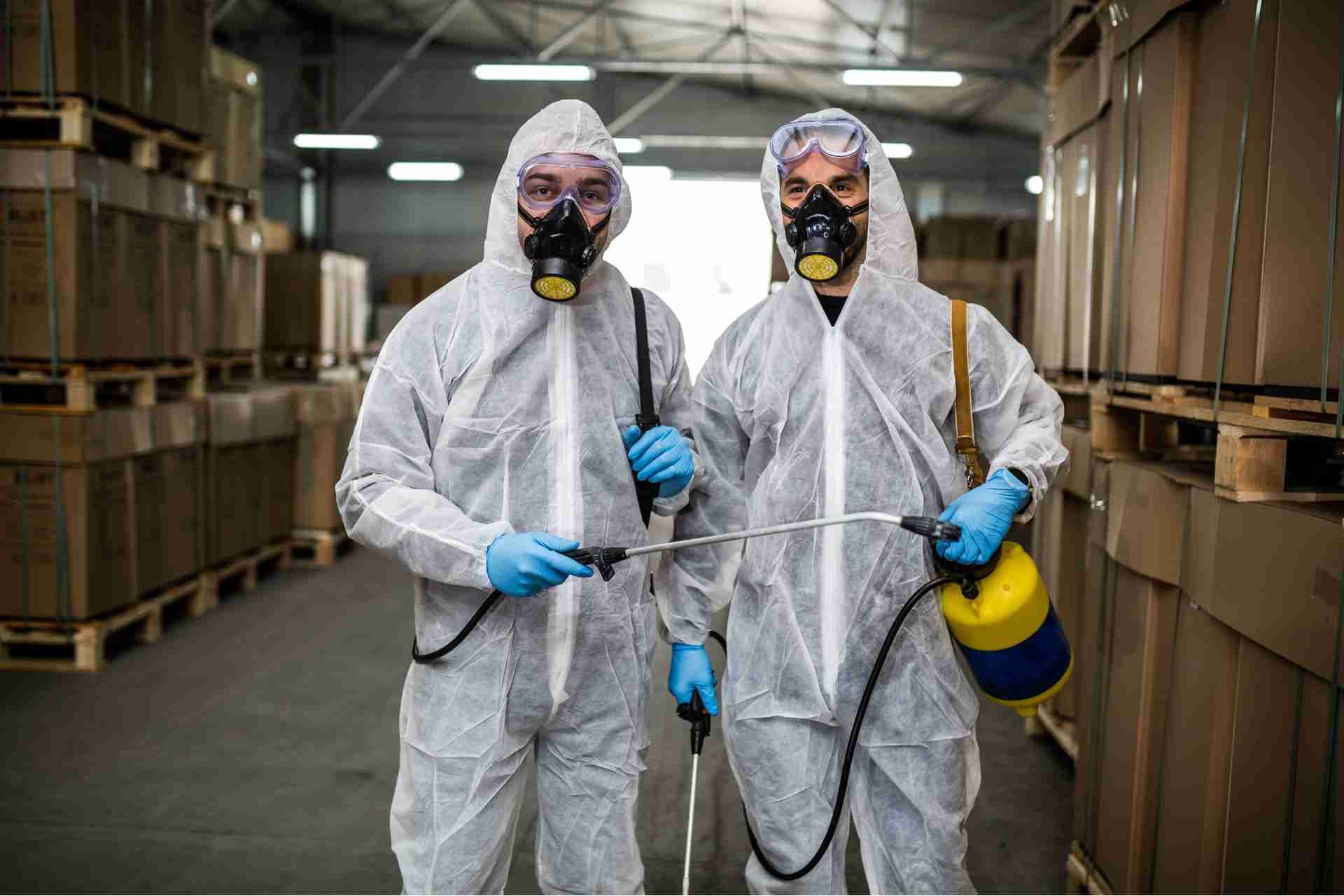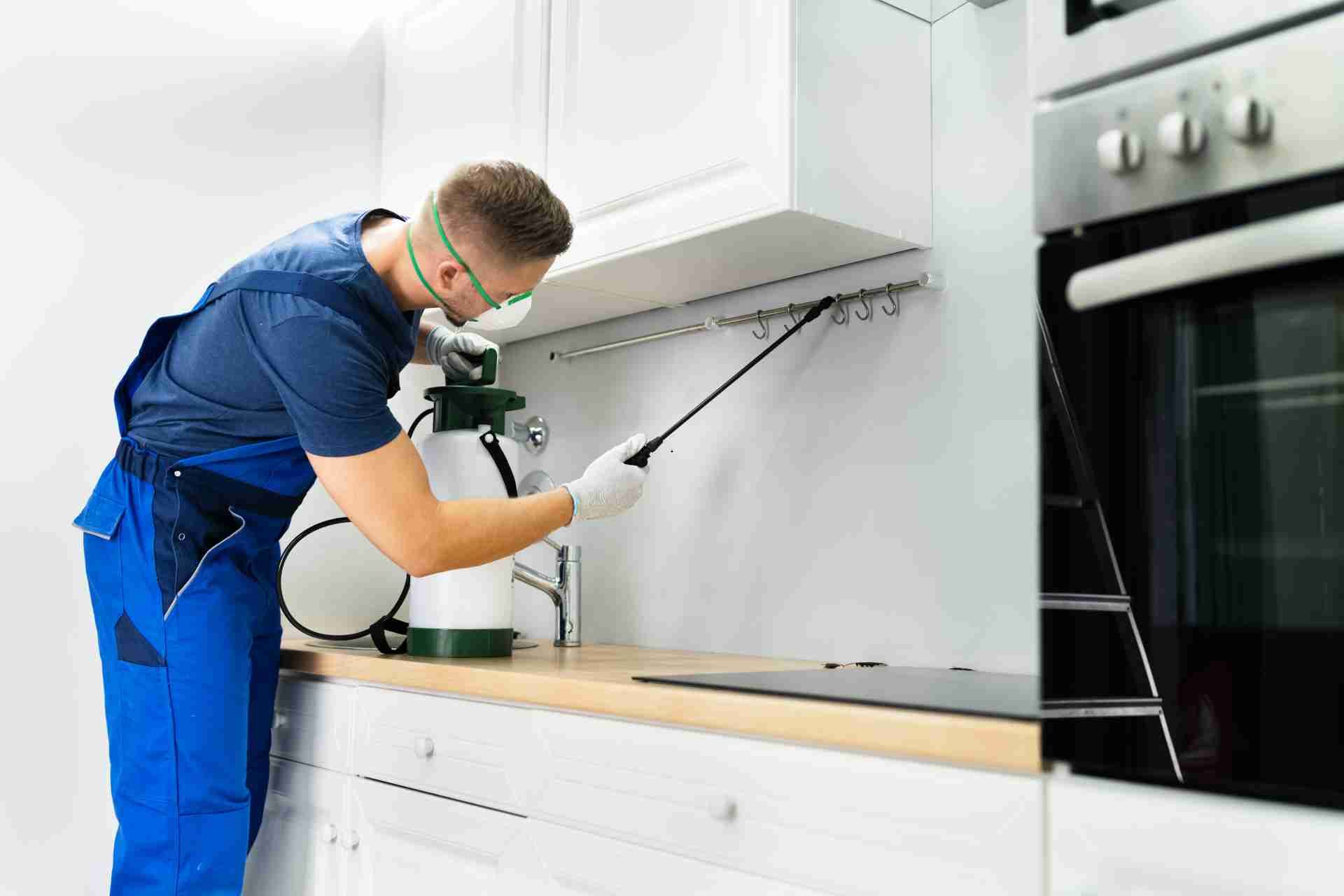Do's and Don'ts of Pest Control
Pest control is an important aspect of maintaining a clean and healthy living environment. Whether you are a homeowner or a business owner, dealing with pests can be a major headache. From ants and roaches to rodents and termites, pests can cause damage to your property and pose serious health risks to you and your family. That is why it is essential to take proactive measures to keep these unwanted invaders at bay.
However, there are certain do's and don'ts that one should keep in mind when it comes to pest control. In this blog post, we will explore some of the most important do's and don'ts of pest control.
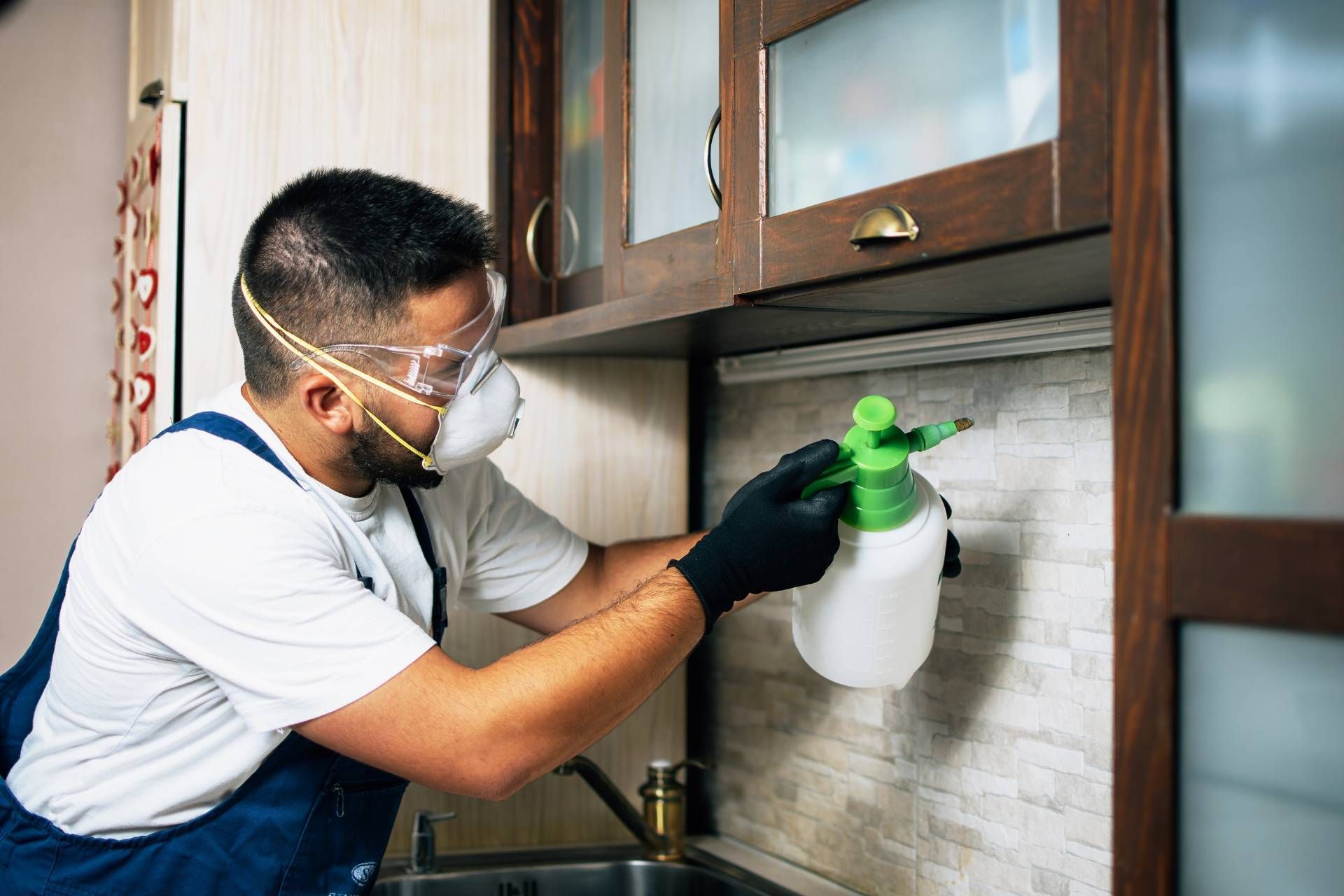
Different Types of pest control methods
Chemical Pest Control
Chemical pest control involves the use of pesticides to eliminate or prevent pests. These can be applied as sprays, baits, or dusts. Chemical pest control is often effective in quickly eradicating pests, but it can also have negative effects on the environment and can be harmful to humans and pets if not used properly.
Biological Pest Control
Biological pest control involves the use of natural predators or parasites to control pest populations. This method is often used in agricultural settings and can be effective in managing pest populations over the long term without the need for harmful chemicals.
Mechanical Pes
Mechanical pest control involves the use of physical barriers or traps to prevent pests from entering an area or to capture them once they have entered. This can include things like sealing cracks and holes in a building, installing screens on windows, or setting up mousetraps.
Integrated Pest Management (IPM)
IPM is a holistic approach to pest control that combines multiple methods, including chemical, biological, and mechanical control strategies. This approach aims to minimize the use of pesticides while effectively managing pest populations.
Cultural Pest Control
Cultural pest control involves modifying the environment to make it less hospitable to pests. This can include practices like proper waste management, keeping a clean and clutter-free space, and maintaining good hygiene habits.
Natural Pest Control
Natural pest control involves using natural ingredients and products to repel or eliminate pests. This can include things like essential oils, vinegar, or diatomaceous earth. These methods are often safer for humans and pets and can be a more eco-friendly option.
Do’s in Pest Control
1. Identify the pest
Before you can effectively address a pest problem, you need to first identify the type of pest you are dealing with. Different pests require different treatment methods, so it's important to know exactly what you are up against. Look for signs of the pest, such as droppings, chewed wires, or visible insects, and do some research to determine the best course of action.
2. Keep things clean
One of the best ways to prevent pests from infesting your home is to keep it clean and clutter-free. Pests are attracted to food, water, and shelter, so be sure to clean up spills, store food in airtight containers, and keep trash sealed and away from your home.
3. Seal up entry points
Pests can enter your home through even the tiniest of cracks and crevices. Inspect your home for any potential entry points and seal them up with caulk or weatherstripping. This will help to prevent pests from gaining access to your home in the first place.
4. Use natural remedies
While chemical pesticides can be effective, they can also be harmful to pets, children, and the environment. Consider using natural pest control methods, such as diatomaceous earth, essential oils, or traps, to address your pest problem in a more eco-friendly way.
5. Trim vegetation
Overgrown trees and shrubs can provide a hiding place for pests like rodents and insects. Keep your yard well-maintained to reduce the risk of infestations.
6. Use pest control products safely
If you choose to use pesticides or other pest control products, make sure to follow the instructions carefully. Keep them out of reach of children and pets, and only use them in areas where pests are present.
7. Store food properly
Keep food in airtight containers and clean up spills promptly to prevent pests, such as ants and cockroaches, from being attracted to your kitchen.
8. Consult a professional
If you have a serious pest infestation or are unsure of how to effectively address the problem on your own, don't hesitate to consult a professional pest control company. They have the knowledge, experience, and tools necessary to effectively eliminate pests from your home and prevent future infestations.
Don'ts in Pest Control
1. Don't ignore the problem
One of the biggest mistakes people make when dealing with pests is ignoring the problem and hoping it will go away on its own. Pests reproduce quickly and can quickly overtake your home if not dealt with promptly. It is important to address any signs of pest infestations as soon as possible.
2. Don't use harmful chemicals
Many people turn to harsh chemicals and pesticides to try and eliminate pests, but these can be harmful to your health and the environment. There are many natural and non-toxic alternatives that are just as effective at controlling pests without putting your health at risk.
3. Don't block entry points
When trying to keep pests out of your home, it is important to seal up any entry points that pests might use to gain access. However, be careful not to block essential ventilation points or create other problems in the process.
4. Don't forget about prevention
Preventing pests from entering your home in the first place is key to effective pest control. Make sure to keep your home clean and free of clutter, seal up cracks and crevices, and store food properly to minimize the risk of attracting pests.
5. Don't DIY everything
While it may be tempting to try and handle pest control on your own, some infestations may require professional help. Pest control experts have the knowledge and tools to effectively eliminate pests and prevent future infestations.
6. Don't leave food out in the open
Pests are attracted to food sources, so be sure to store food in airtight containers and clean up spills and crumbs promptly.
7. Don't neglect your outdoor space
Pests can breed and multiply in yards and gardens, so be sure to keep your outdoor areas clean and tidy as well.
8. Don’t Neglect regular inspections
Even if you haven't experienced a pest problem in the past, it's essential to schedule regular inspections to catch any potential issues early on. Prevention is always easier and more cost-effective than dealing with a full-blown infestation.
9. Don’t use excessive amounts of pesticides
Using more pesticide than necessary can be harmful to your health and the environment. Follow the instructions on the label and use the recommended amount to effectively control pests without overexposing yourself or your family to chemicals.

